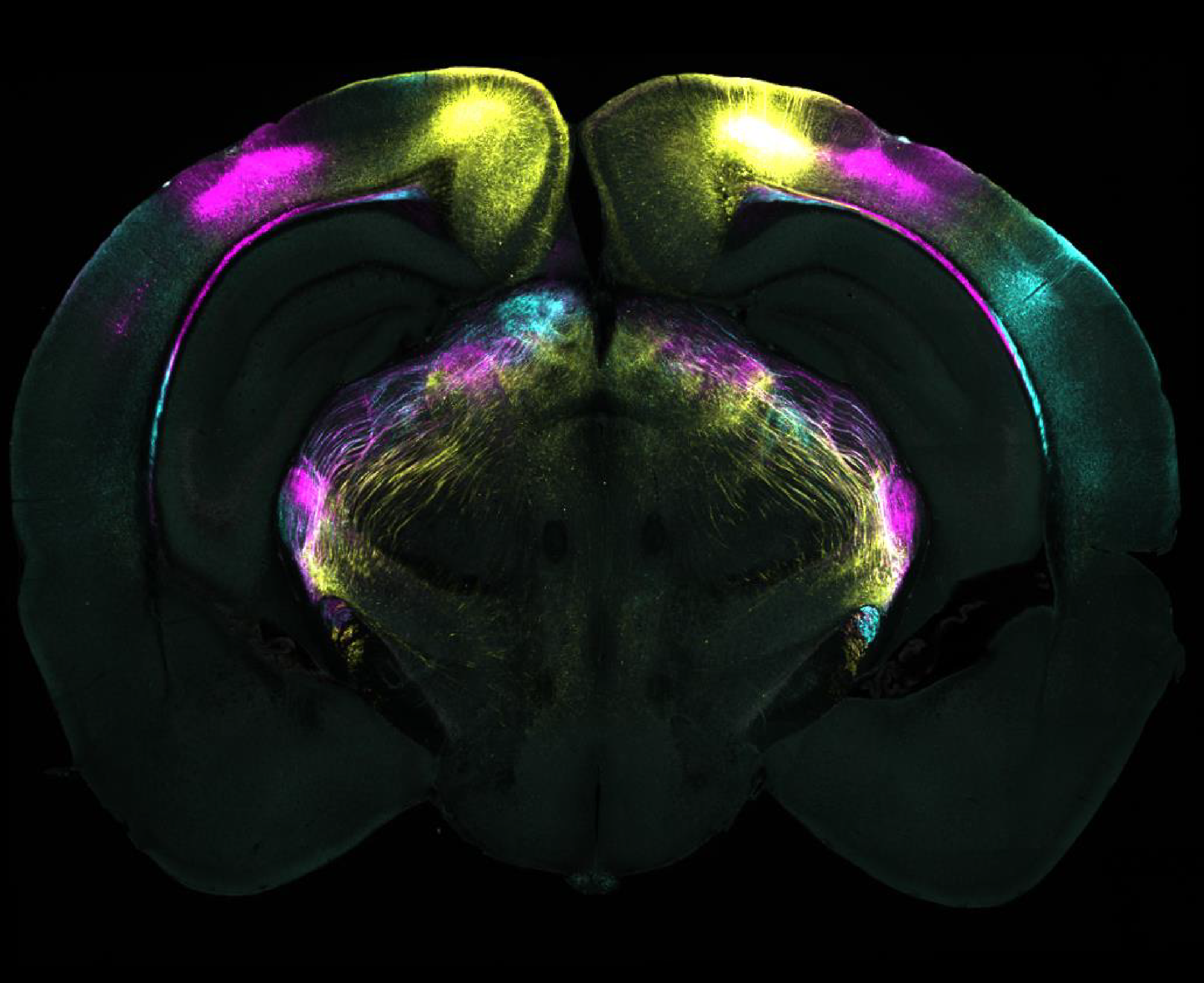![[그림1] 통증과 가려움 유발 자극에 의해 활성화된 뉴런의 시각화](https://www.ibs.re.kr/dext5data/2025/03/20250310_171456564_41762.png)
PTSD tagged posts
![[그림1] 통증과 가려움 유발 자극에 의해 활성화된 뉴런의 시각화](https://www.ibs.re.kr/dext5data/2025/03/20250310_171456564_41762.png)

Researchers at the Sainsbury Wellcome Center (SWC) at UCL have unveiled the precise brain mechanisms that enable animals to overcome instinctive fears. Published in Science, the study in mice could have implications for developing therapeutics for fear-related disorders such as phobias, anxiety and post-traumatic stress disorder (PTSD).
The research team, led by Dr. Sara Mederos and Professor Sonja Hofer, mapped out how the brain learns to suppress responses to perceived threats that prove harmless over time.
“Humans are born with inst...
Read More
Researchers at The Hospital for Sick Children (SickKids) have uncovered that stress changes how our brain encodes and retrieves aversive memories, and discovered a promising new way to restore appropriate memory specificity in people with post-traumatic stress disorder (PTSD).
If you stumble during a presentation, you might feel stressed the next time you have to present because your brain associates your next presentation with that one poor and aversive experience. This type of stress is tied to one memory.
But stress from traumatic events like violence or generalized anxiety disorder can spread far beyond the original event, known as stress-induced aversive memory generalization, where fireworks or car backfires can trigger seemingly unrelated ...
Read More






Recent Comments